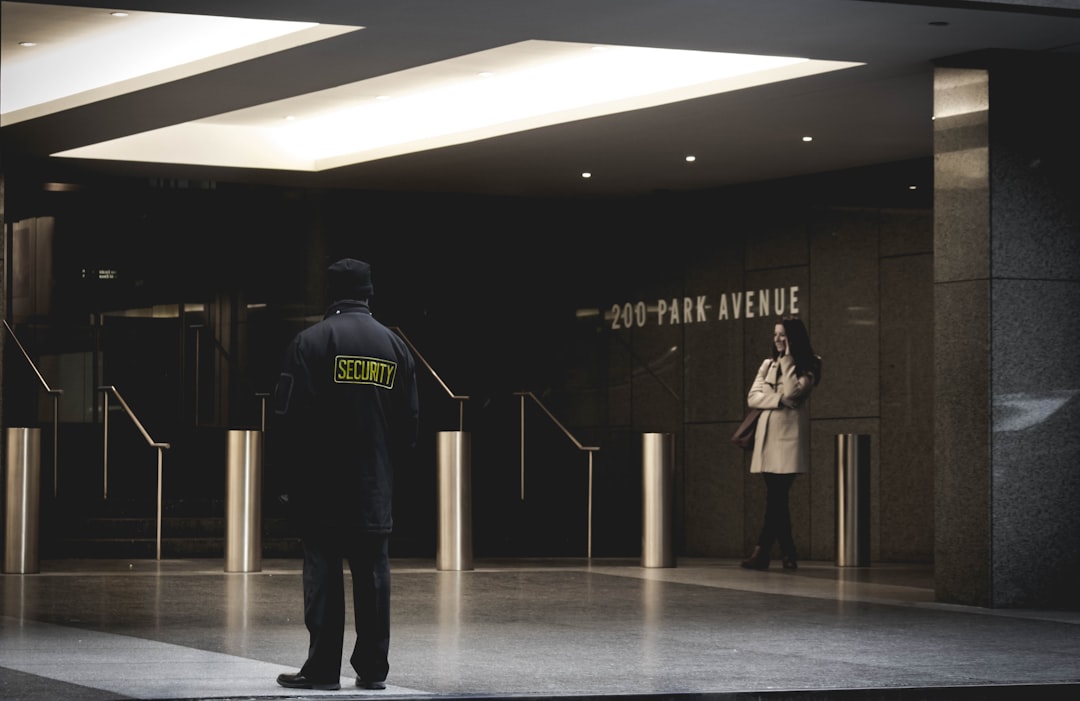Security Officer/Guard Āpiha Whakamarumaru/Tūtei Whakamarumaru
Security officers/guards protect people, property and assets by investigating, monitoring, controlling and reporting threats.
Security officers/guards need to have a current Certificate of Approval issued by the Ministry of Justice to work.
Security officers/guards may do some or all of the following:
- patrol sites to check for threats like hazards and intruders
- enforce rules or laws on sites and call for assistance from emergency services
- control access to sites for staff, customers and contractors
- monitor and control crowds at events
- monitor electronic security systems including cameras and alarms
- write reports about what they observed on shift.
Loss protection officer
To become a loss prevention officer it is useful to gain a New Zealand Certificate in Security (Level 3 or 4).
Personal protection officer
To become a personal protection officer with the New Zealand Police you need to:
- become a police officer
- complete a further intensive two-week course.
To become a private personal protection officer you need to:
- have proven experience and a good reputation in the security industry
- apply for a private security licence from the Private Security Personnel Licensing Authority.
Private investigator
To become a private investigator you need to have:
- a private security licence from the Ministry of Justice
Physical Requirements
Security officers/guards need to have excellent fitness and must be strong.
Useful Experience
Useful experience for security officers/guards includes:
- work in hospitality, retail or tourism
- customs officer work
- police officer work
- work as a member of the armed forces.
Personal Qualities
Security officers/guards need to be:
- able to remain calm and make decisions under pressure
- able to stay focused for long periods of time
- excellent communicators
- honest and able to keep information confidential.
Skills
Security officers/guards need to have knowledge of:
- conflict management techniques
- security and surveillance methods and equipment
- legal procedures for arrest
- laws on trespass, assault and personal property.
Private investigators and personal protection officers also need to have knowledge of:
- court procedures
- how to use electronic security systems
- protection procedures and New Zealand laws defining the limits of their legal powers
- self-defence.
Conditions
Security officers/guards:
- usually do shift work, which may include evenings and weekends
- work inside or outside in all weather conditions.
Subject Recommendations
A minimum of three years of secondary education is recommended. Useful subjects include physical education and digital technologies.
Security Officer/Guards can earn around $23-$30 per hour.
Pay for security officers/guards varies depending on experience and the type of work they do.
- New security officers/guards usually earn between minimum wage and $25 an hour
- Security officers/guards with experience usually earn between $25 and $30 an hour.
- Highly experienced security officers/guards who specialise as private investigators or security consultants can earn up to $70 an hour.
Source: NZ Security Association, 2020.
Security officers/guards may progress to set up their own security firm, or move into security planning, consultancy or management roles.
Security officers/guards may specialise in an area of security such as:
- Personal Protection Officer
- Personal protection officers provide for the personal safety of a client, either as part of the diplomatic protection squad or in the private sector.
- Private Investigator
- Private investigators conduct investigations for clients, such as obtaining personal information or investigating fraud. They may also prepare evidence for court proceedings.
Years Of Training
<1 year of training required.There are no specific requirements to become a security officer/guard.
However, you need a Certificate of Approval issued by the Ministry of Justice to work.
To get a certificate, you need to:
- complete mandatory training
- pass a police background check and a public notification which lets members of the public make comments
- apply for the certificate
- pay a fee.
For many roles, it can be helpful to gain the New Zealand Certificate in Security (Level 3 or 4).
A first aid certificate may also be useful.

 Marist College
Marist College